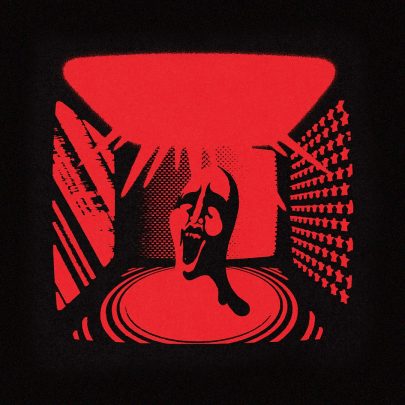May 7, 2015 Film & TV
If you’re a latte-swilling, urban liberal, this doco about a rugby team in small-town New Zealand will forcibly remind you of the gulf between city and provinces, both in lifestyles and attitudes. It’s a strikingly beautiful paean to the sometimes brutal business of being a male in rural New Zealand that seems to be little changed since Greg McGee’s play Foreskin’s Lament stormed the country in 1981.
Filmmakers Chris Pryor and Miriam Smith spent most of a year in Reporoa and have created lyrical poetry out of rugby, cows and landscapes, all shot in black and white, alongside good-natured antics on field and off.
Their main focus is Kelvin, a chubby, sociable man addicted to rugby and its dressing-room rituals. For him, it’s a way of bonding with the other males in the town, keeping fit, and passing on sporting lore to younger players.
He likes to think of himself as a hard-but-fair player. “I was always able to deal to someone… but legitimately,” he confides, much like a gangster might.
In fact, he’s a softie, dealing with his cub players and his own twin seven-year-old sons (whom he appears to be raising singlehanded) with warmth and tenderness beneath his gruff manner.
Young Peanut is training to be a boxer; he keeps coming back for more even after his trainer knocks him flying. He fancies himself as a hit with women too (proudly telling his trainer that the father of one his girlfriends advised him: “If you’re going to root her, tarp up”).
This is clearly no country for sensitive men, or women. When women do appear in the film, they are mainly peripheral players: on the sidelines watching their men play, driving a team bus full of drunken players home from an away game, as boxing-match dollies holding up scorecards, and in one scene as a stripper.
The men primarily bond with each other, at training, in the dressing room, and at the club. On the bus travelling to a match, they sing over and over: “All the ladies are black/They like it from the back.”
The men seem just as fond of their cows, spending a lot of time at their rear ends too as they help a cow calve, sometimes pulling gently on a rubber thong tied around the calf’s hooves to coax it into the world safely, or attaching cups to udders for milking.
It’s clearly a world away from Auckland’s supermarkets and cafes where some of that milk will end up.





